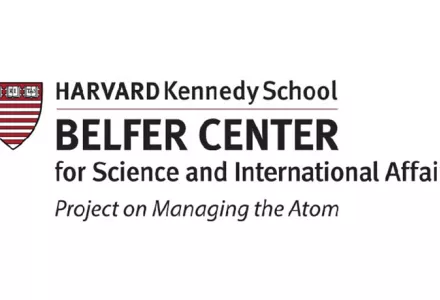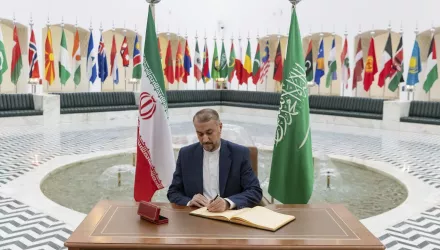This talk will be a discussion of the U.S. National Nuclear Security Administration’s (NNSA) engagement programs for South Asia aimed at building nuclear stability and reducing the nuclear danger in that region.
Robert Swartz is a Senior Policy Advisor in the NNSA’s Office of Nonproliferation and Arms Control. He develops and oversees programs relating to nuclear confidence-building measures and the promotion of regional nuclear stability. From 2006 to 2009 Mr. Swartz was detailed to the Office of the Vice President of the United States where he served as a National Security Advisor to Vice President Cheney with responsibility for Asian, nuclear, and intelligence matters. In 2005, Mr. Swartz opened the Department of Energy’s Beijing office, where he was heavily engaged both in the bilateral relationship with China and also with supporting Westinghouse’s successful bid to sell China its next generation of power reactors. Mr. Swartz earlier served as a Technical Advisor to the Agreed Framework Talks with North Korea. Mr. Swartz started his career as a Technical Staff Member at the Los Alamos National Laboratory and served in a variety of capacities in the U.S. Intelligence Community. A graduate of the University of California San Diego, Mr. Swartz earned his Master of Arts degree from the Georgetown University School of Foreign Service. He completed the Massachusetts Institute of Technology’s National Security Strategy Seminar in 1999. In 2005 Mr. Swartz was promoted by action of the Secretary of Energy and the Administrator of the National Nuclear Security Administration to the Department’s executive expert grade.
This seminar is closed to press and is not for citation, recording, or reproduction.



